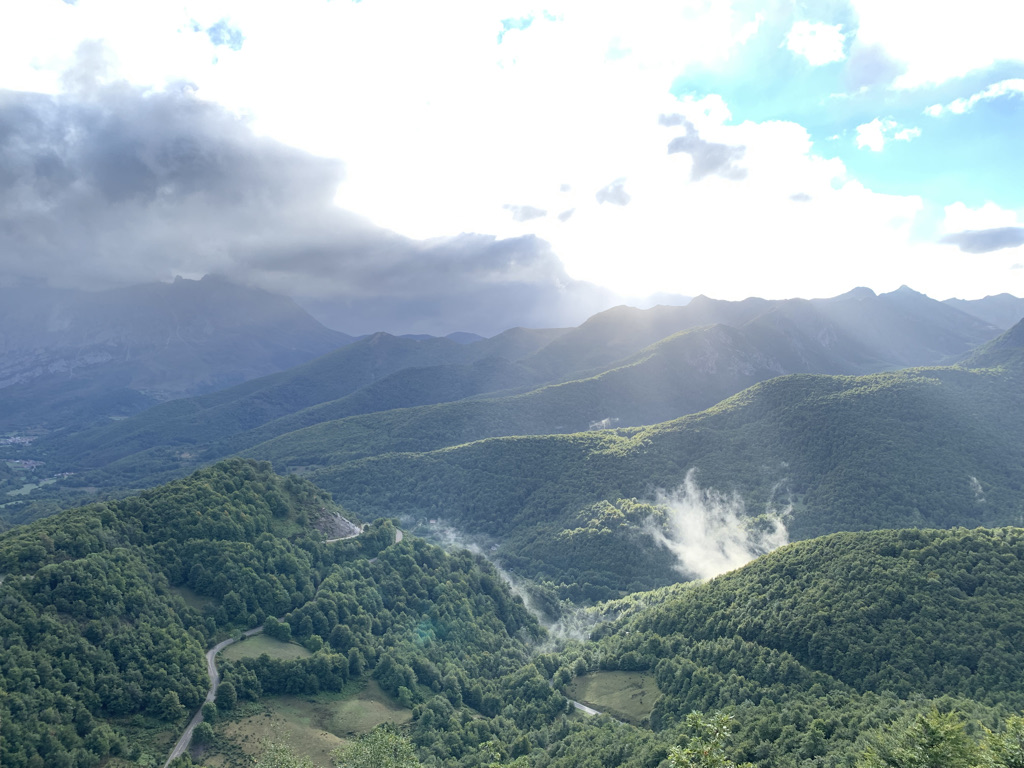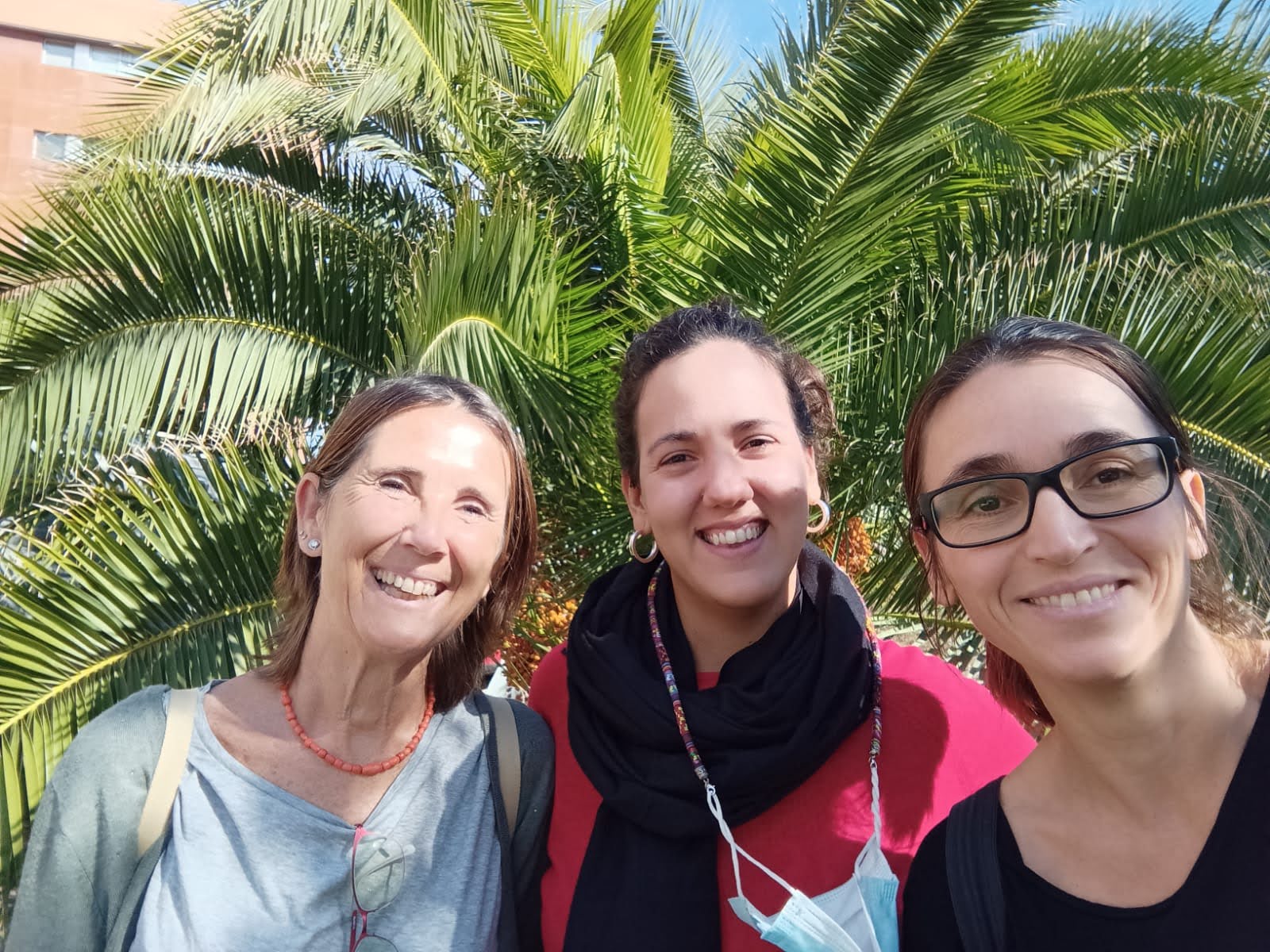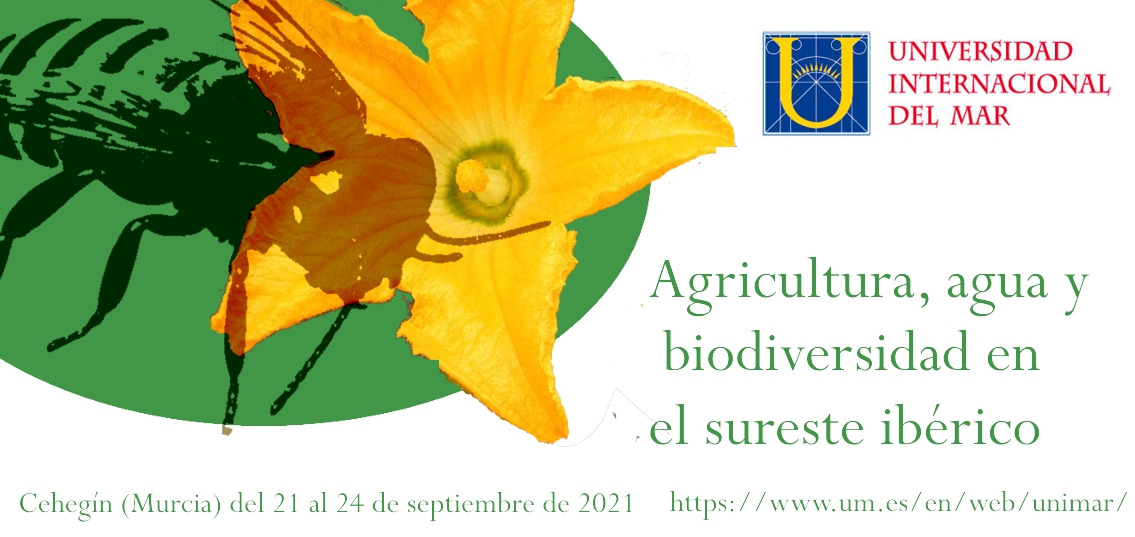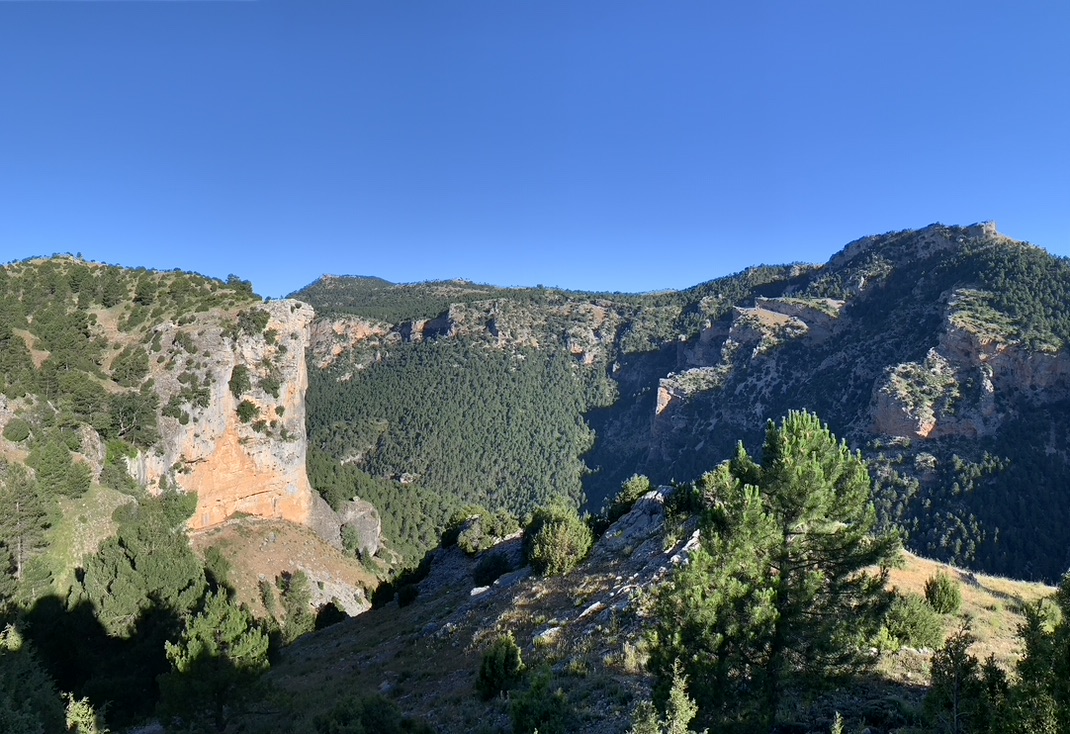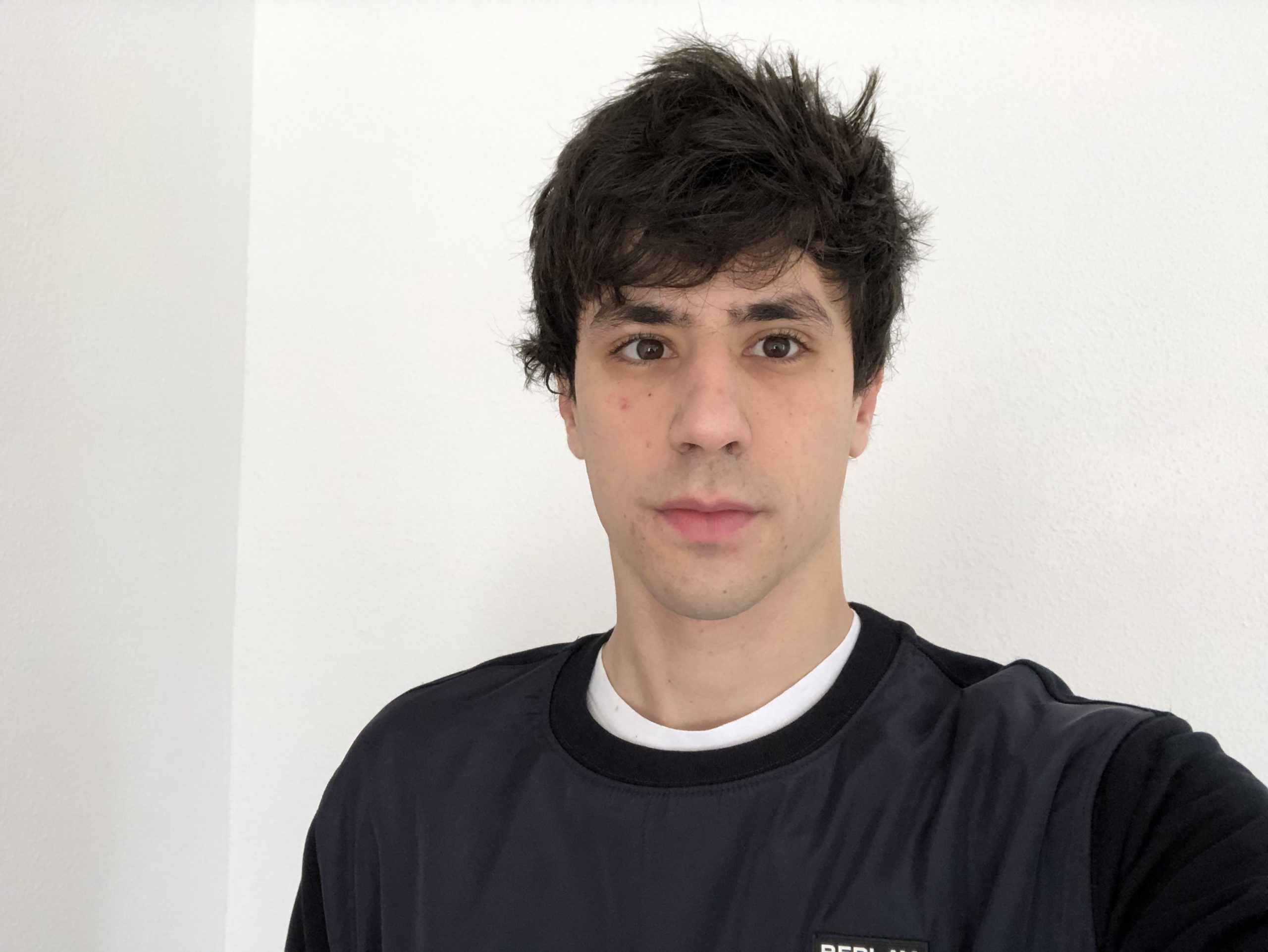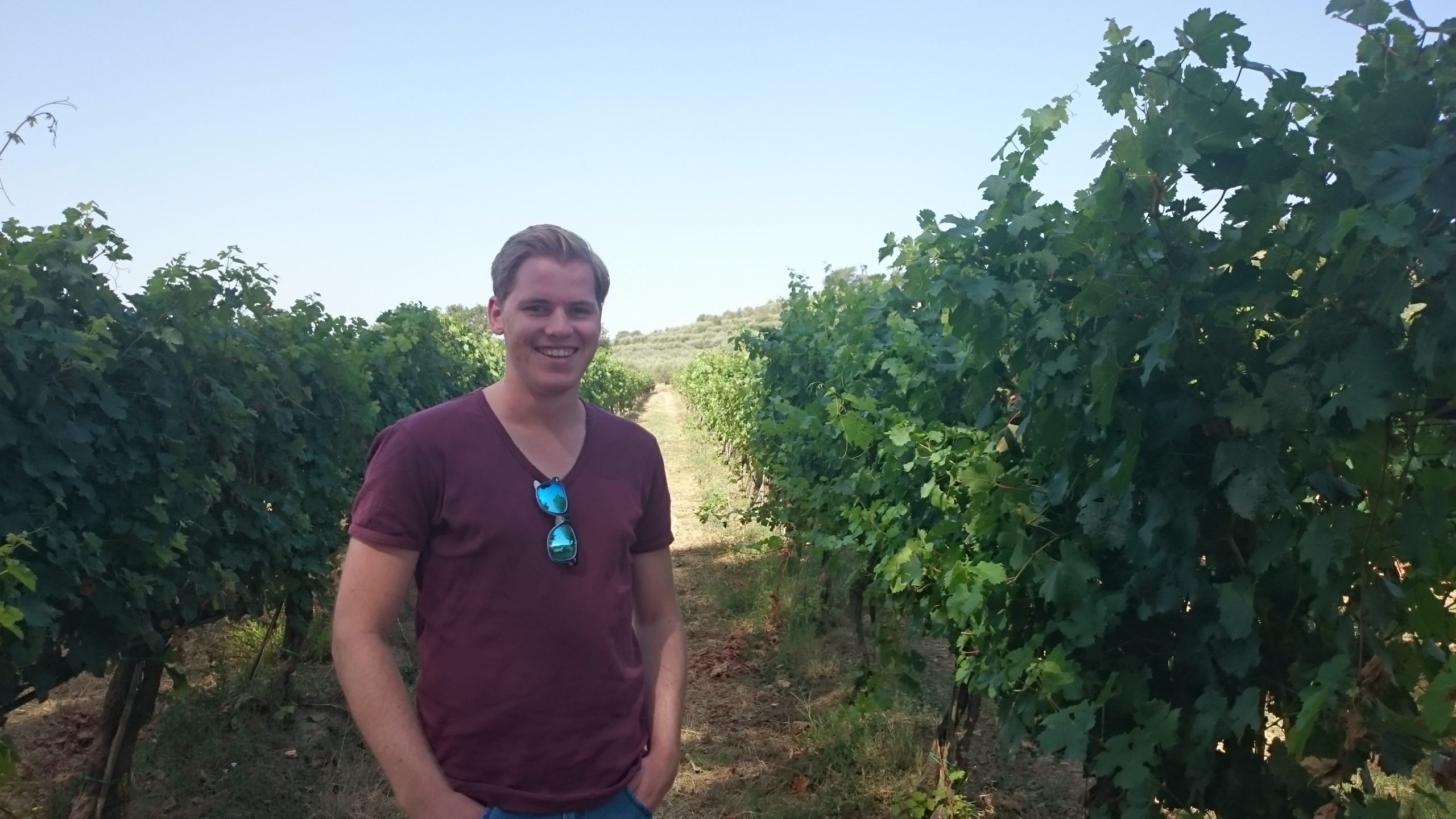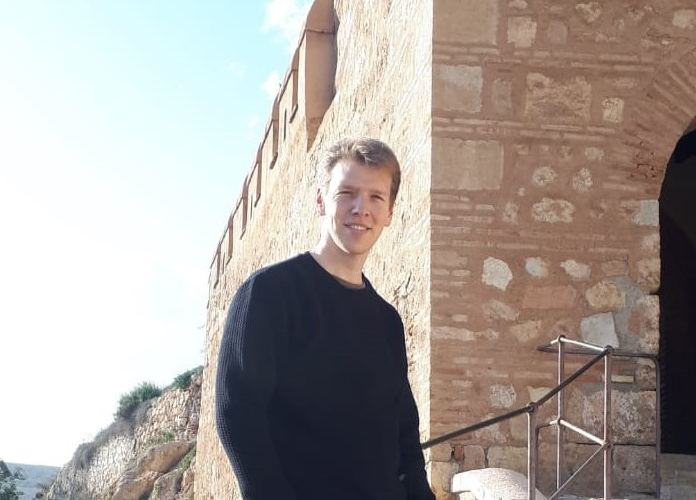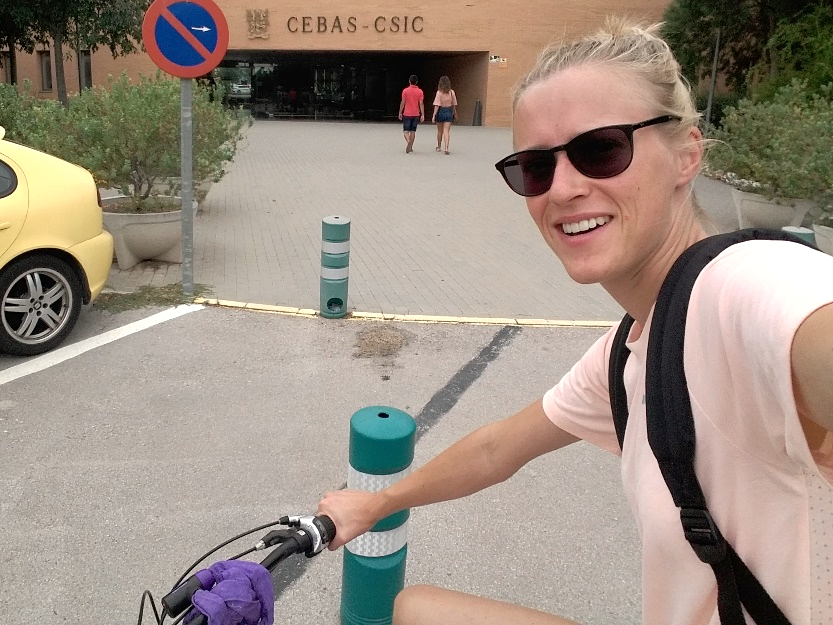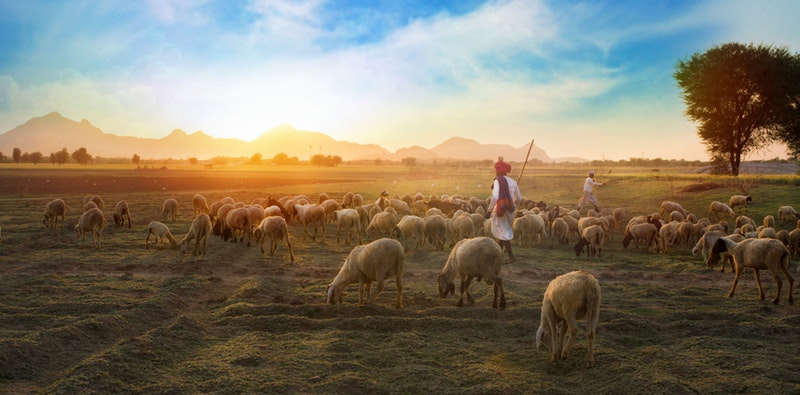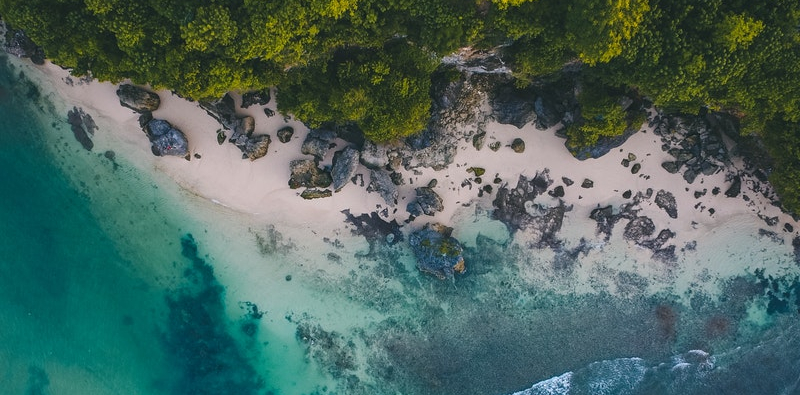Buscamos candidata/o para la participar en la convocatoria de contratos predoctorales FPU (Ayudas para la formación de profesorado universitario), de cuatro años de duración. En caso de conseguir el contrato, el/la candidato/a realizaría su investigación asociada al proyecto WATFUN – Diversidad funcional de estrategias de uso de agua y nutrientes por las plantas en ecosistemas Mediterráneos y secos (PID2019-107382RB-I00). La persona a contratar se incorporaría al Departamento de Conservación de Suelos y Agua del Centro de Edafología y Biología Aplicada del Segura (CEBAS-CSIC) y la mayor parte del campo se desarrollaría en Madrid y Castilla y León (en colaboración con la Universidad de León). La convocatoria FPU está publicada y el plazo de presentación finaliza el 17 de diciembre de 2021 (enlace).
El objetivo de la tesis doctoral es investigar que factores controlan la diversidad y distribución de las estrategias de uso del agua de las plantas en ecosistemas Sub-Mediterráneos y Mediterráneos a nivel de comunidad, así como los efectos del cambio climático en las estrategias de uso del agua y su influencia en el funcionamiento de los ecosistemas. El trabajo combinará trabajo de campo en zonas montañosas Mediterráneas y Sub-Mediterráneas en la Cordillera Cantábrica, Sierra de la Demanda y sierra del Rincón en Madrid (precipitación 800-1200 mm) combinando el uso de rasgos funcionales y técnicas de ecofisiología (isótopos estables de hoja y agua de suelo y tallos, potenciales hídricos), en combinación con experimentos y trabajo de laboratorio y de oficina.
Los requisitos necesarios para esta convocatoria son:
- Estar en posesión de un máster universitario oficial en el momento de presentación de la solicitud o haber realizado la matrícula en el curso 2021-2022 en un máster universitario oficial que de acceso a un programa de doctorado en el curso 2022-2023 y haber concluido los estudios de grado con posterioridad al 1 de enero de 2018 (ver convocatoria).
- Nota media del expediente académico de grado y máster superior a 8,0 sobre 10.
La/el candidata/o deberá tener motivación para realizar una tesis doctoral y voluntad de formarse como investigador/a en ecofisiología vegetal. Se valorará también buena capacidad de comunicación oral y escrita en inglés.
Ofrecemos la capacidad de incorporarse a un equipo multidisciplinar entre la ecofisiología vegetal, la biogeoquímica de isótopos estables y la ecología funcional de comunidades con alta capacidad formativa.
Contacto: Los interesados deben mandar su CV (con expediente académico y nota media) y carta de motivación a José I. Querejeta (querejeta@cebas.csic.es) o Iván Prieto (ipria@unileon.es) antes del 10 de diciembre de 2021.
